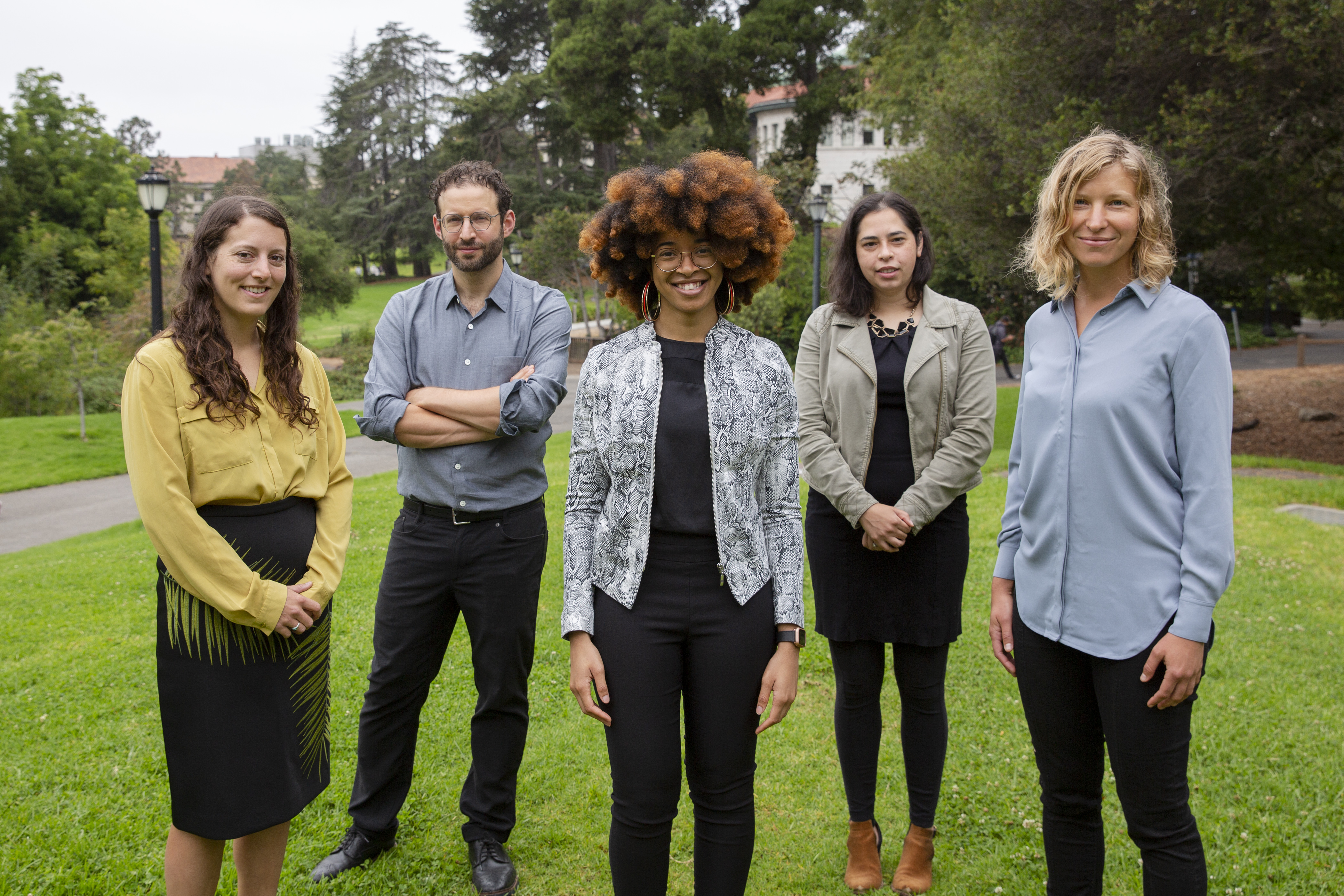Rausser College of Natural Resources is leading the charge for the crirtical research related to energy, climate, and the environment. They are working to understand the implications and nuances of environmental change, speed up strategies for mitigating and adapting to it, and ensure that vulnerable populations can participate in the transition to clean energy.
As the window of opportunity for lasting climate solutions narrows, Berkeley is well-positioned to lead three key areas of solutions-oriented research, education, and action needed to address this global crisis:
- Advance Toward Carbon-Neutral and Beyond: Berkeley is home to cutting-edge discoveries across energy conservation and storage, building efficiency, renewable energy, and innovative materials and methods for carbon capture and sequestration.
- Protect and Promote Ecosystems and Food Systems: By building on our exceptional strengths in environmental and social sciences, we can guide the future of biodiversity management in a changing climate, advance forest management to enhance carbon storage while reducing wildfire threats, and promote climate-smart and equitable food systems in California and beyond.
- Build Healthy and Resilient Communities: Our faculty are pursuing solutions for tomorrow’s infrastructure: accelerating new approaches to transit and mobility; testing ways to integrate green infrastructure into urban settings; and leading the creation of neighborhoods that will efficiently generate, store, and utilize their own renewable energy.
[iframe caption]
Berkeley's Distinctive Strengths
Berkeley’s core strengths—from basic discovery to applied science and engineering, from education to impact—are focused on three areas of excellence that guide all of our work:
- Climate Equity and Environmental Justice: Berkeley is unique among preeminent research institutions for its integration of equity and inclusion into our work on the energy transition, its scholarship into impacts on vulnerable populations, and its engagement with local communities in the development and implementation of solutions. Rausser College recently led a campus-wide faculty cluster hire in these areas, and the resulting Roundtable on Climate and Environmental Justice—an intellectual community composed of the newly hired and existing faculty working in the areas of environmental justice and climate equity—will meet regularly to collaborate, share research, and develop joint initiatives.

[image caption]
- End-to-End Solutions: Exceptional for its excellence across the requisite disciplines—from basic science to policy, economics, and business—Berkeley’s collaborative culture leads the way on the path to zero emissions for a healthy and resilient future.
- Data Sciences for the Environment: We are bridging academic fields and creating collaboration platforms for students, postdoctoral researchers, and faculty to harness the power of data science, machine learning, and AI. This work can foster more accurate climate predictions, enable better decision-making for supply chains and market decarbonization, and allow for more intelligent and efficient allocation of renewable energy.


